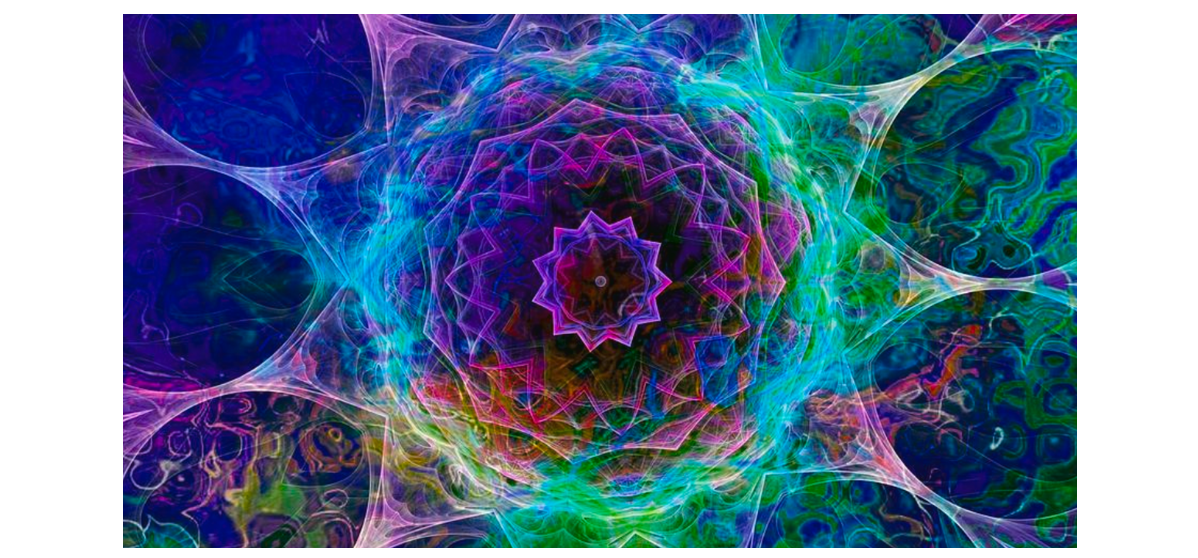每日外闻61
这篇文章很长,分为几段来阅读
How Resilience Works 6
The Search for Meaning 2
Yet the challenge confronting resilience trainers is often more difficult than we might imagine. Meaning can be elusive, and just because you found it once doesn’t mean you’ll keep it or find it again. Consider Aleksandr Solzhenitsyn, who survived the war against the Nazis, imprisonment in the gulag, and cancer. Yet when he moved to a farm in peaceful, safe Vermont, he could not cope with the “infantile West.” He was unable to discern any real meaning in what he felt to be the destructive and irresponsible freedom of the West. Upset by his critics, he withdrew into his farmhouse, behind a locked fence, seldom to be seen in public. In 1994, a bitter man, Solzhenitsyn moved back to Russia.
Since finding meaning in one’s environment is such an important aspect of resilience, it should come as no surprise that the most successful organizations and people possess strong value systems. Strong values infuse an environment with meaning because they offer ways to interpret and shape events. While it’s popular these days to ridicule values, it’s surely no coincidence that the most resilient organization in the world has been the Catholic Church, which has survived wars, corruption, and schism for more than 2,000 years, thanks largely to its immutable set of values. Businesses that survive also have their creeds, which give them purposes beyond just making money. Strikingly, many companies describe their value systems in religious terms. Pharmaceutical giant Johnson & Johnson, for instance, calls its value system, set out in a document given to every new employee at orientation, the Credo. Parcel company UPS talks constantly about its Noble Purpose.
Value systems at resilient companies change very little over the years and are used as scaffolding in times of trouble. UPS Chairman and CEO Mike Eskew believes that the Noble Purpose helped the company to rally after the agonizing strike in 1997. Says Eskew: “It was a hugely difficult time, like a family feud. Everyone had close friends on both sides of the fence, and it was tough for us to pick sides. But what saved us was our Noble Purpose. Whatever side people were on, they all shared a common set of values. Those values are core to us and never change; they frame most of our important decisions. Our strategy and our mission may change, but our values never do.”
The religious connotations of words like “credo,” “values,” and “noble purpose,” however, should not be confused with the actual content of the values. Companies can hold ethically questionable values and still be very resilient. Consider Phillip Morris, which has demonstrated impressive resilience in the face of increasing unpopularity. As Jim Collins points out, Phillip Morris has very strong values, although we might not agree with them—for instance, the value of “adult choice.” But there’s no doubt that Phillip Morris executives believe strongly in its values, and the strength of their beliefs sets the company apart from most of the other tobacco companies. In this context, it is worth noting that resilience is neither ethically good nor bad. It is merely the skill and the capacity to be robust under conditions of enormous stress and change. As Viktor Frankl wrote: “On the average, only those prisoners could keep alive who, after years of trekking from camp to camp, had lost all scruples in their fight for existence; they were prepared to use every means, honest and otherwise, even brutal…, in order to save themselves. We who have come back…we know: The best of us did not return.”
Resilience is neither ethically good nor bad. It is merely the skill and the capacity to be robust under conditions of enormous stress and change.
Values, positive or negative, are actually more important for organizational resilience than having resilient people on the payroll. If resilient employees are all interpreting reality in different ways, their decisions and actions may well conflict, calling into doubt the survival of their organization. And as the weakness of an organization becomes apparent, highly resilient individuals are more likely to jettison the organization than to imperil their own survival.
然而,那些复原力训练者所面临的挑战往往比我们想象的要困难得多。意义是难以捉摸的,你找到过一次并不意味着你会一直保有它或再次找到它。想想亚历山大•索尔仁尼琴(Aleksandr Solzhenitsyn)吧,他在与纳粹的战争、集中营的监禁和癌症中幸存了下来。然而,当他搬到一个宁静、安全的佛蒙特州的农场时,他却无法适应发展才刚刚起步的西方世界。他无法从西方毁坏了的和不负责任的自由(他所认为的)中找到任何真正的意义。他被那些批评他的人弄得心烦意乱,只好隐居到自己的农舍里,躲在一道上了锁的篱笆后面,很少在公共场合露面。1994年,索尔仁尼琴带着痛苦回到了俄罗斯。
既然一个人在他所处的环境中找到意义是复原力的一个重要方面,那么最成功的组织和个人拥有强大的价值体系也就不足为奇了。强大的价值观给所在环境注入了意义,因为它们提供了解释和塑造事件的方式。尽管如今流行嘲笑价值观,但世界上最具弹性的组织是天主教会,天主教会在2000多年的战争、腐败和分裂中幸存了下来,这肯定不是巧合,在很大程度上要归功于其不变的价值观。幸存下来的企业也有他们的信条,这些信条给了他们除去赚钱的目标。非常引人注目的是许多公司用宗教术语来描述他们的价值体系。例如制药巨头强生公司,把公司的价值体系称为“信条”(Credo),载于向新员工介绍的文件中。UPS快递公司一直在谈论它的崇高使命。
具有复原力的公司的价值体系多年来变化很小,并且被用作应对困难时期的“模板”。UPS主席兼首席执行官Mike Eskew认为,崇高的目标帮助公司在1997年罢工打击后重新振作了起来。Eskew说:“那是一段非常艰难的时期,就像家庭不和一样。两边都有亲密的朋友,我们很难选择站在哪一边。但是拯救我们的是我们崇高的目标。不管人们站在哪一边,他们都有共同的价值观。这些价值观是我们的核心,永远不会改变;它们构成了我们大多数重要决定的框架。我们的战略和使命可能会改变,但我们的价值观永远不会改变。”
但是,不应将诸如“信条”,“价值观”和“崇高的目标”等词语的宗教含义与价值观的实际内容相混淆。公司可能持有道德上有问题的价值观,但仍可拥有很强的复原力。以菲利普莫里斯公司为例,该公司在日益不受欢迎的情况下表现出了令人印象深刻的复原力。正如吉姆·柯林斯所指出的那样,菲利普·莫里斯具有很强的价值观,尽管我们可能并不认同,例如,烟草是“成年人的选择”。但毫无疑问,菲利普莫里斯公司的高管们坚信公司的价值观,他们的信念使公司有别于大多数其他烟草公司。在这种情况下,**复原力在道德上既不好也不坏。它仅仅是一种技巧和能力-在巨大的压力和变化的条件下,依然保持个人或者组织的强健。**正如维克多·弗兰克所写的那样:“一般来说,只有那些经过多年的从一个集中营到另一个集中营的长途跋涉,在为生存而战中丢掉一切顾虑的囚犯才能活下来;他们会使用一切诚实的或不诚实的、甚至是残忍的手段,来确保自己能够活下来…。我们这些从集中营回来的人都知道: 我们当中那些人(品)最好的没有回来。”
无论是积极的还是消极的价值观,对组织来说,实际上组织本身拥有复原力比雇佣有复原力的人更重要。如果复原力强的员工都在以不同的方式解读现实,他们的决定和行动很可能会发生冲突,从而使他们对组织能否生存下去产生疑问。并且随着组织的弱点变得越发明显时,复原力强的人更有可能抛弃这个组织,而不是使自己也陷入生存危机。
Reference:
See you tomorrow



